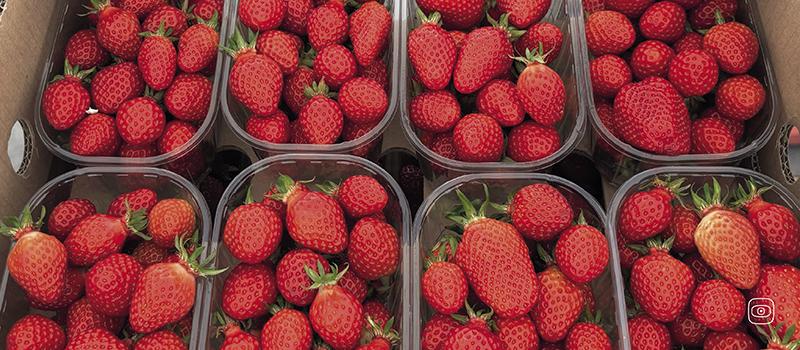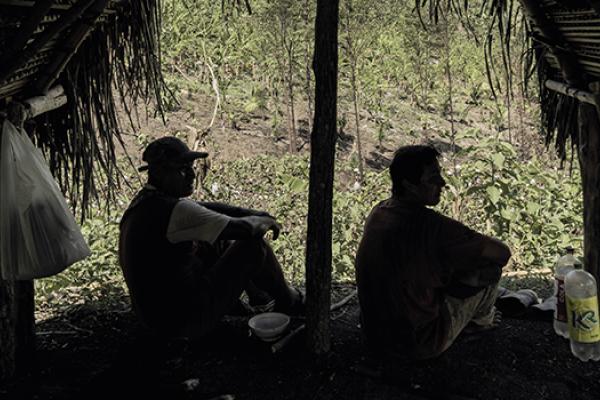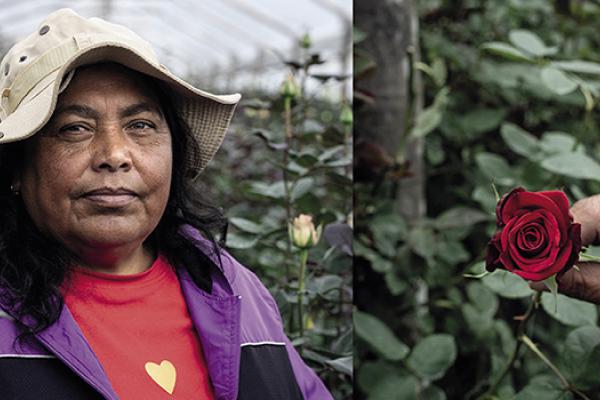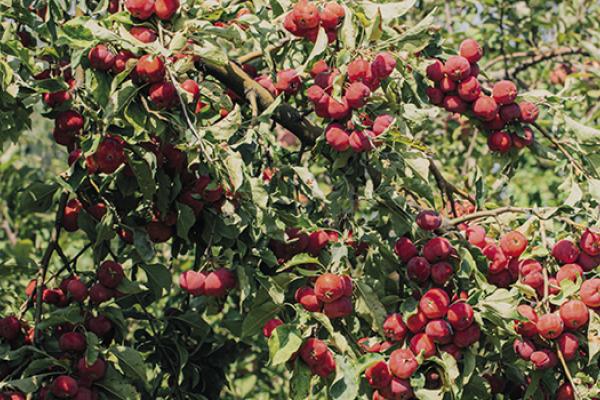From the fraudulent relabelling of Moroccan strawberries as Spanish to the exploitation of female agricultural workers and the pressure exerted by major retail chains, not to mention broken traceability systems, this report delves into the murky world of a sector under strain.
The team's journalistic approach is based on complete immersion in three countries that are key players in the agri-food supply chain: Spain, France and Morocco. The aim is to look beyond the figures and reports, and tell the human story of the mechanisms and consequences of systemic fraud.
In-depth fieldwork: The journalists visited local markets, agricultural fields and packing stations, and interviewed producers, seasonal workers, heads of professional associations and experts in the agri-food sector.
Multiplicity of voices: To avoid a black-and-white narrative, testimonies were collected from every link in the chain, from pickers to distributors, respecting anonymity when necessary and systematically cross-checking sources. The women working in the fields in Huelva, the day labourers in Larache and the family farmers in France were among those interviewed.
Thorough documentation: The investigation draws on official documents, inspection reports, court rulings, agricultural communication campaigns and data from the European RASFF system.
Transnational investigation: Since the fraud is European in scope, the reporting followed commercial routes and regulatory frameworks between countries, confronting theoretical norms (EU regulations) with real-world implementation.
Photo Credit: Paloma Dupont de Dinechin







